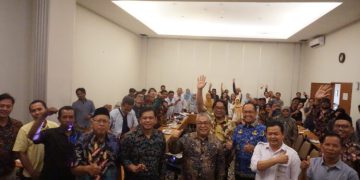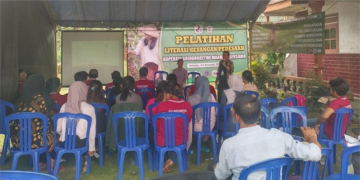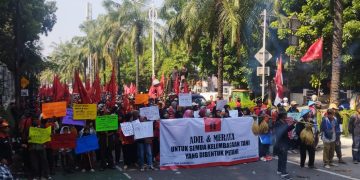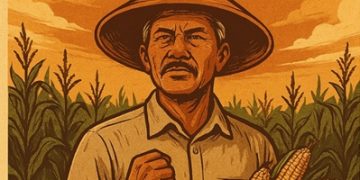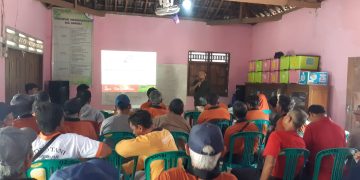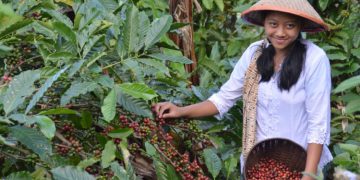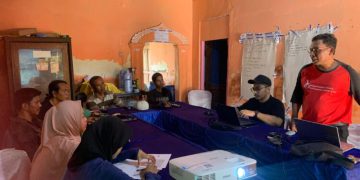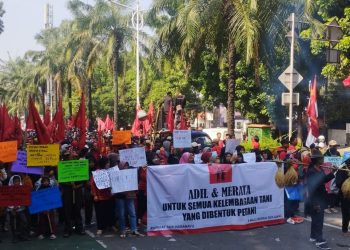By Anthony Deutsch and Taufan Hidayat in Jakarta
Published: February 2 2011 19:24 | Last updated: February 2 2011 19:24
Indonesias authorities are being forced to import large quantities of rice as the countrys own production has been hit by heavy rain, heightening fears of more price inflation.
Paddy fields across the country have suffered almost a year of excessive flooding, while disease and pests have damaged the rice crop. Domestic rice prices rose 30 per cent in 2010 and in many major production centres, farmers reported yield declines of up to 50 per cent in late December.
However, Suswono, the agriculture minister, denied that bulk orders of more than a million tonnes from Thailand and Vietnam were caused by problems in domestic production.
The import was aimed at strengthening national stocks. It has nothing to do with production. It is better if we have an excess stock than speculate, he said.
Indonesians eat more rice per capita than anyone else in the world. Tens of millions of poor households rely on cheap, steady supplies of the staple, which is why Jakarta began importing rice this year. The unexpectedly large bulk orders surprised traders and lifted international prices.
Mr Suswono insisted that domestic rice production rose last year, and will increase 5 per cent in 2011. But even experts within the agriculture ministry warned that the governments rice production numbers were far too optimistic.
We know the impact of climate change and we know the problems in production, said a leading ministry official, who asked not to be named. Data relied upon to determine government policy are dangerously inaccurate, he added, while official claims of higher production were politically motivated.
A more realistic calculation for production would be made on the basis of market prices, he said, referring to the 30 per cent increase.
Reports from farmers seem to back up that view. Muhammad Nuruddin, the head of the 147,000-member Alliance of Farmers, said dozens of large-scale farms on the main Indonesian island of Java reported declines in their most recent harvest of at least 20 per cent, while average per hectare yields halved to 2 tonnes.
With extreme weather expected to continue, 2011 production will be flat at best, and more likely fall 10-15 per cent, said Mr Nuruddin, which would force Indonesia to import more rice.
Indonesia is not alone. Bangladesh, Algeria and Saudi Arabia began hoarding key commodities, such as wheat, sugar and cereals, after flooding in Pakistan, Australia, Brazil and elsewhere damaged harvests, taking prices to record highs.
Indonesia is already struggling to contain inflation that unexpectedly topped 7 per cent this month, fuelled mainly by a 16 per cent surge in commodity prices. Weak national production meant that the imports were cheaper than buying at home.
An expert at the UN Food and Agriculture Organisation said it made sense for Indonesia to buy its neighbours cheaper surplus rice but it would be politically untenable for it to admit to domestic production falls. Self-sufficiency in rice is a point of national pride.
http://www.ft.com/cms/s/0/7c2ef448-2efd-11e0-88ec-00144feabdc0.html#axzz1EEADtbnQ


